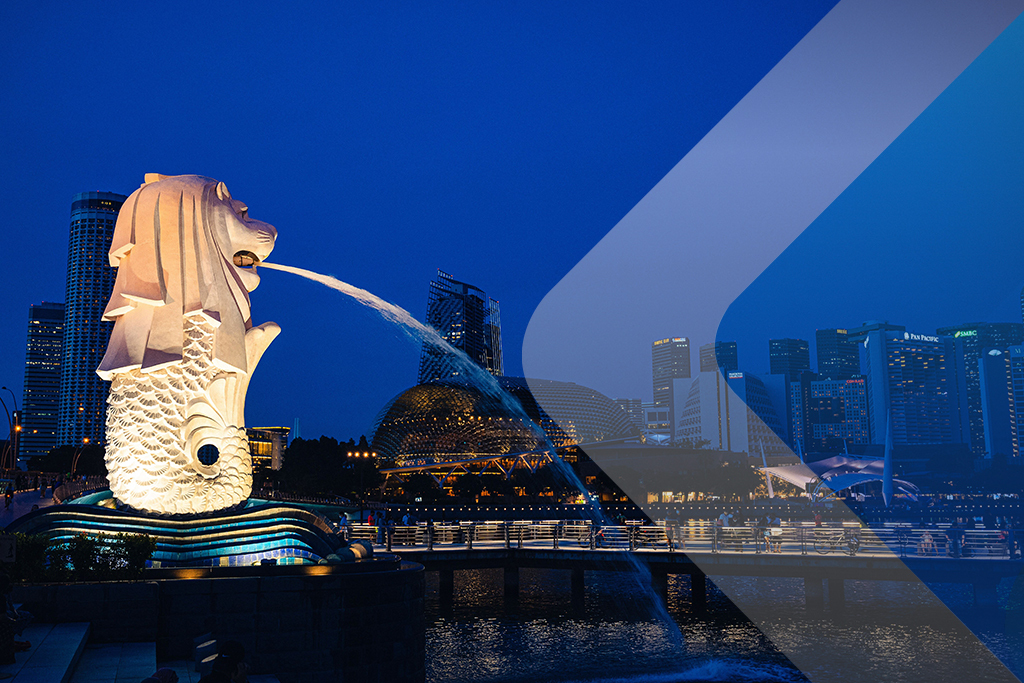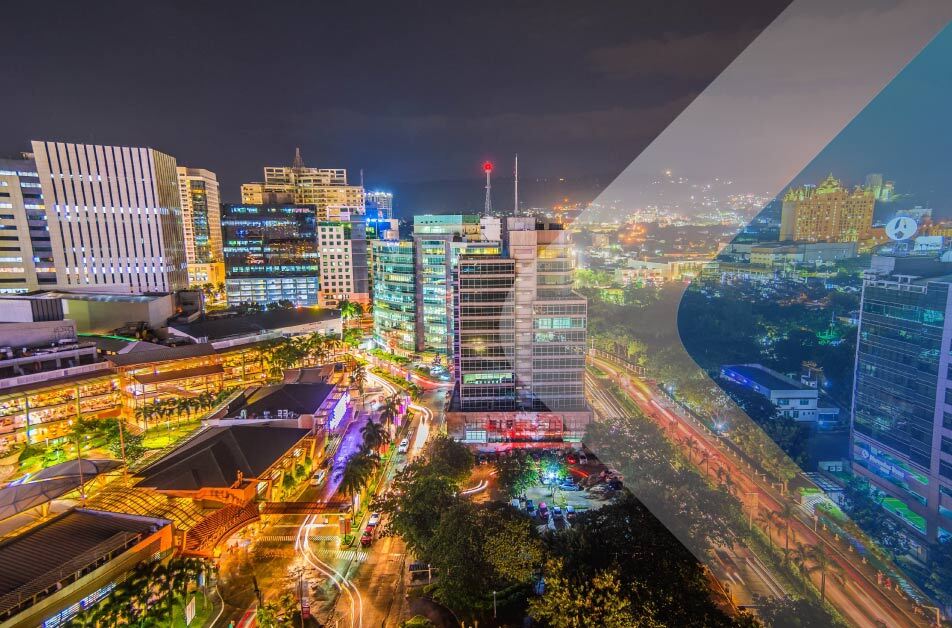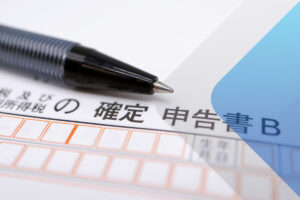Employer Of Record in Taiwan
We make it easy and painless to expand your business into Taiwan. Forget about dealing with local regulations, confusing tax laws and international payroll management. We take care of all that so you don't have to.
Accelerate your growth into Taiwan Compliantly and hassle-free
How we can help you expand in Taiwan
As your EOR in Taiwan we’d help you expand by hiring employees and running their payroll without establishing a local branch office or subsidiary.
Your candidate is hired by a PEO in Taiwan provider in accordance with local labor laws and can be onboarded in days instead of the months it typically takes. Shortly after, your new employee will be working for you, just like any other member of your team.
Expand to Taiwan with Serviap Global
Through our PEO and EOR services, you can hire qualified talent in your industry without the trouble of opening your own legal entity.
In just a few days, you can easily and safely build a presence in Taiwan being sure that your staff will be hired in compliance with labor and tax regulations
Quick Facts
Currency:
New Taiwan Dollar (TWD)
Capital:
Taipei
Payroll Cycle:
Monthly
Language(s):
Mandarin Chinese
Taiwan Country Facts
Taiwan, also called the Republic of China, is situated in the western part of the Pacific Ocean about 100 miles away from southern China. The nation’s currency is the New Taiwan dollar.
Taiwan is known internationally for its computers, Acer and Asus but it also hosts one of the largest technology fairs, Computex. Seafood restaurants and oyster omelets are popular, the cost of living is about 11% lower than in the United States, and it has one of the highest living standards in Asia. Taiwan has a high-speed rail and a well-developed rail and bus system. The major cities are New Taipei, Taichung, Kaohsiung, and the capital Taipei, about 10.7 million people visit Taiwan every year.
The Economy
Taiwan is a highly developed free-market economy, and it is the 8th largest economy in Asia. The labor force is highly skilled and Taiwan is the best and most advanced computer microchip maker in the world. Electronics and information technology account for 35% of its total industry.
The three highest paid areas in the country are telecommunications, financial services, and utilities.
Taiwan’s trade partners are China, the European Union, USA, and Japan and it is a member of the World Trade Organization which helped it to become the third best place globally for foreign investments.
Taiwan imports 90% of its raw materials and exports mostly to Mainland China. For example, it is a major producer of sporting goods, it produces 80% of the world’s golf equipment. It is also a major exporter of semiconductors, petrochemicals, and auto parts.
Small and Medium Businesses
SMEs employ more than 9 million people, that is 78.73% of the working population. About 80% of SMEs in this country are in the service industry and 36.8% of them are led by women. SMEs are playing an important role in furthering innovative technologies in Taiwan.
Starting a Business
Any foreigner can start a business in Taiwan. The minimum capital amount required to start a company is 1 New Taiwan dollar (NTD$). You will need to open a bank account with NTD$9,000, register the company for NTD$ 1,000, register the address of your place of business for NTD$48,000 (this amount is paid early to maintain the business), and submit an incorporation form for NTD$70,000. The Taiwanese government has a Company and Business One-Stop Service Request website to facilitate the process. The Ministry of Economic Affairs oversees and approves the business creation process.
Payroll
Labor insurance accounts for 10% of a person’s salary, where 30% is paid by the employee and 60% is paid by the employer. There is also a national health insurance fee of 4.69% of a salary, where 20% is paid by the employee, 70% is paid by the employer, and 10% is paid by the Taiwanese government. Employees will also typically contribute 6% of their salary to a pension fund.
| Payroll | Workers are typically paid monthly |
| Minimum Wage | The minimum wage is NTD$158 |
| Wages | The median salary a year is NT$641,000 |
| 13th Month Salary | It is typical for workers to get a 13th month salary. |
| Salary | This is a basic salary plus you can have a fixed allowance for things such as meals which are exempt from individual taxes. |
Overtime | They can work overtime for up to 12 hours. The first two hours are 1.34 times the hourly rate, the third to the eights are 1.67 and the last four hours are 2.67. |
Leaves of Absence Employees have the right to paid absences for the following things: | • Sick Leave: Employees can have up to 30 days of sick leave, which may or may not be paid by the employer. • Maternity Leave: Maternity leave is 8 weeks with full pay and the woman can ask to perform lighter duties. • Paternity Leave: Paternity leave is 5 days. |
Tax advantages
There are Research and Development incentive credits for up to 15% and tax credits for smart machinery and 5G systems implementation for up to 30%. There are also a number of tax incentives for Mergers and Acquisitions which will extend to any future spin-offs.
Taiwan also offers a free-trade-zone for the following activities: procurement, storage, importation and delivery; you can apply for an income tax exemption on the income from sales of those goods. Taiwan also created a method to avoid double taxation of income, giving foreign investors plenty of reason to start a company here.
Renewable Energy
Renewable energies make up 8.7% of Taiwan’s domestic electric generation. It uses hydropower plants, photovoltaic (solar) energy, wind, geothermal, and tidal and ocean current energy. The government has a goal of increasing renewable energy to 20% by 2025.
Business Culture
Taiwan has experienced rapid technological industrialization and has benefited from its low labor costs. Many Taiwanese know English, but Chinese is their main language.
- Chinese and Western
The Taiwanese business culture is Chinese by tradition, but it has also benefited from a strong Western influence. For this reason, they are used to dealing with international business persons.
Respectful and Formal
It is sometimes difficult to get direct feedback, since people in the UK are not fond of public criticism. It Taiwanese are typically formal, and they look for harmonious relationships. Like in Japan, they value dignity and respect. - Greet With a Bow
They will easily match your greeting style, but their customary way to do so is by simply giving a bow. If you decide to do a bow, keep your feet together and your hands at your side. - Rude Gestures
Although it is typical in some countries to pat people on the shoulder or the back or to grab their arm, those gestures should not be used in Taiwan.
Food Culture
The Taiwanese food culture finds its roots in China and Japan.
Rice and fish are staple foods. Another popular food is Tofu mixed in soups and stir-fries.
They love slander noodles with oysters, deep fried chicken, beef noodles, and stewed pork with rice. Taiwanese are also famous for their sauces.
They commonly drink soy milk and tea.
Population
The population of Taiwan is 23.57 million and the official language is Mandarin Chinese. Its population is a mix of Taiwanese aboriginals, Chinese, and Japanese populations, but the Hakka Chinese make up the majority of the population. Interestingly, you can still find aboriginal dialects spoken on the island.
The Taiwanese people mostly practice Buddhism and Taoism, but there is also a small community of Christians. Education also plays an important role for the population and is based on the system used by the United States.
The people tend to be reserved, generous, and friendly and they value cohesion, so they will not engage in frank criticism. They also feel deeply connected to their families and surroundings. As a people, they tend to be conscientious and hardworking.
Geography
Taiwan is made up of plains in the west and mountains in the east. The east China sea is to the north and the Philippine Sea is to the east. There are several tall picks on the island that reach over 3,500 meters. Forests cover the eastern mountainside, giving habitat to a variety of wildlife. The East Asian Monsoon gives Taiwan a lot of rain.
- Taichung
Smart-city technology is shining in this city, so it is great for automated production lines. It is also the best city to start your business in if you are interested in exports. The government of this country is funneling a lot of money into industrialization here and an Intelligent Operation Center, which monitors traffic and air quality. - Taipei City
The capital of Taiwan and ranked the best city in the world for expats, so it is off to a good start. This is an epicenter for smart technology that is spreading across the world. This even has a website where you can submit ideas to the government for smart-tech. Businesses that have a concentration in circuitry or electronic engineering do well here. - Taoyuan
This city has made an agreement with Microsoft to host cutting edge tech, such as cloud computing, data, AI and MR innovations. This is also where the Asian Silicon Valley Project is based, which hopes to promote entrepreneurship and innovation in Taiwan and the Southeast Asia region.
General Highlights
| Year | 2022 |
| Country | Taiwan |
| Capital | Taipei City |
| Num. States / Province | There are 2 provinces |
| Language | Mandarin Chinese |
| Local Currency | New Taiwan Dollar |
| Major Religion | Buddhists and Daoists |
| Date Format | yyyy/mm/dd |
| Thousands Separator Format | 999.999.999.99 |
| Country Dial Code | +886 |
| Time Zone | GMT+8 |
| Population | 23.57m |
Border Countries | It shares maritime borders with the People’s Republic of China (PRC), Japan, and the Philippines. |
| Continental surface | 12,456 mi² |
| Fiscal Year | January 1 to December 31 |
| VAT % | 5% |
| Taxpayer Identification Number Name in the country | TIN on National ID Card Number |
| Current President | Tsai Ing-wen |
What you need to know about employing personal in Taiwan:
Laws and Agencies that regulate labor relationships
| Laws | Brief Description |
| Employment Services Act | This act protects nationals’ right to work. |
| Civil Code | This code relates to private law, which includes employment. It covers terms and conditions that the LSA does not. |
| National Minimum Wage Act 1998 | This sets the minimum wage across the UK. |
| Organization membership | ADB (Taipei, China), APEC (Chinese Taipei), BCIE, IOC, ITUC (NGOs), SICA (observer), WTO (Taipei, China); |
| Labor Code | This is called the Labor Standards Act |
| Social Security | This is called Social Insurance. |
Key Tax and Labor Authorities
| The Ministry of Labor | This is the ministry of the Republic of China or Taiwan and represents opinions of employees, and is related to labor policies, laws and regulations. |
| The Ministry of Finance | This is responsible for tax in Taiwan. |
| The Ministry of Economic Affairs | This is responsible for formulating policies and laws that affect industry and trade, foreign direct investment, and more. |
Labor Contracts
| Individual Contracts | Historically, this is not the norm, but is becoming commonplace. |
Written Contracts | Written contracts should be written in the local language and include compensation, benefits, and termination requirements. |
| Written Work Rules | A company who has more than 30 employees must register their written work laws with the local labour authority. |
Two Types of Contracts | In this country, there are two types of contracts. Fixed Term which is temporary or up to 6 months, seasonal, or special work, which specifies a duration. Or non-fixed term which is open-ended. |
Supplementary Benefits | There are roughly 20% worth of benefits on top of salary in Taiwan. This includes: • Leaving Service Benefits • Life, accident and business travel insurance • Housing Allowance • Festival Bonus • Meal Allowances • Medical Benefits |
Work Hours | National regulations demand the employee to work a maximum of 40 hours a week. Workers get two days off per week. |
Annual Taxable Income
Income tax in Taiwan is progressive up to 40%. For non-resident aliens it is 18% on gross salary income from 2010 and 20% on other income.
| Income in TWD | Tax Rate in % |
| 0-540,000 | 5% |
| 540,001-1,210,000 | 12% |
| 1,210,001-2,420,000 | 20% |
| 2,420,001-4,530,000 | 30% |
| 4,530,001 and up | 40% |
Corporate Tax Rates
Everyone pays the same rate of 20% for corporate tax
Public Holidays
| Date | Holiday Name |
| 1 January | New Year’s Day |
| 29 Jan-6 Feb | Chinese New Year |
| 29 Jan-6 Feb | Lunar New Year |
| 31 Jan | Chinese New Year’s Eve |
| 28 Feb | Peace Memorial Day |
| 4 Apr | Children’s Day |
| 5 Apr | Qingming Festival |
| 2 May | Labour Day |
| 23 Jun | Dragon Boat Festival |
| 10 Sep | Mid-Autumn Festival |
| 10 Oct | National Day |
Termination
Employment in Taiwan is not considered to be at will. Since there is no required probation period, there must still be cause to dismiss, advanced notice and severance pay.
Other forms of compensation upon termination include: An employee is entitled to paid leave of up to two working days per week during the notice period when they are let go. The employer can also make payment in lieu of notice.
You might be interested in reading...
Your one-stop global hiring solution. Secure, reliable, compliant

Premium Support
No matter how big or small, we are ready to answer all your questions- anytime, anywhere.

Regional expertise
Our team of in-country experts help you navigate new markets and cultural nuances

Top-tier Benefits Packages
Great talent deserves great benefits. We offer a competitive range of benefits so that you only attract top-tier talent worldwide.

You remain 0% liable
Shift the worry from your shoulders to ours! We stay on top of regulations so you’re always 100% complaint with local laws







